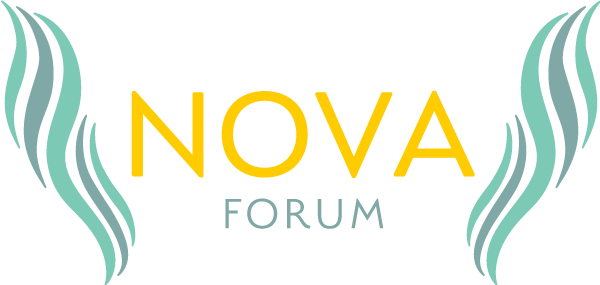POSITION DESCRIPTION
Coastlander Editor’s Responsibilities
Determine tone, vision, and scope of publication so that topics are timely and appropriate, and that voice is consistent
Review content of each issue for copy errors and inappropriate content (libel, heresy, etc.) multiple times (as necessary)
Recruit and resource writers and staff
Delegate responsibilities between Editors and any additional staff (e.g. a Communications Director)
Provide academic grounding for articles (e.g. peer-reviewed research articles, books on the topic, as well as articles from popular and respected journalistic media outlets)
Offer alternative perspectives tactfully and sensitively to writers, assisting them with responding to counterarguments through evidence and argumentation
Communicate regularly with staff writers to integrate research throughout the writing process
Contribute written pieces (mostly introductory editorial pieces, but could also include articles and other feature pieces)
Manage budget, allocating resources to increase marketing efforts and recruitment
Represents the publication to the USC community, the Augustine Collect, and the media
Execute, filter, and measure the efficacy of The Coastlander’s social media and online presence (Instagram: @coastlander)
Devise marketing strategies to spread The Coastlander’s physical and digital presence in the USC community
Skills That Will be Honed Through Role as Editor:
Brainstorming, creating, and casting vision
Command of language and the writing and editing process
Leadership experience, including building rapport and consensus with team members
Strong familiarity with the breadth and diversity of Christian thought and writing - both current and historic - including Catholic, Orthodox, and various Protestant expressions from geographically and ethnically diverse sources
The ability to evaluate and improve persuasive arguments and articulate suggestions clearly but tactfully
Emotional intelligence, especially when handling narratives from marginalized folks (e.g. church abuse survivors, Black and indigenous people of color, etc.)
